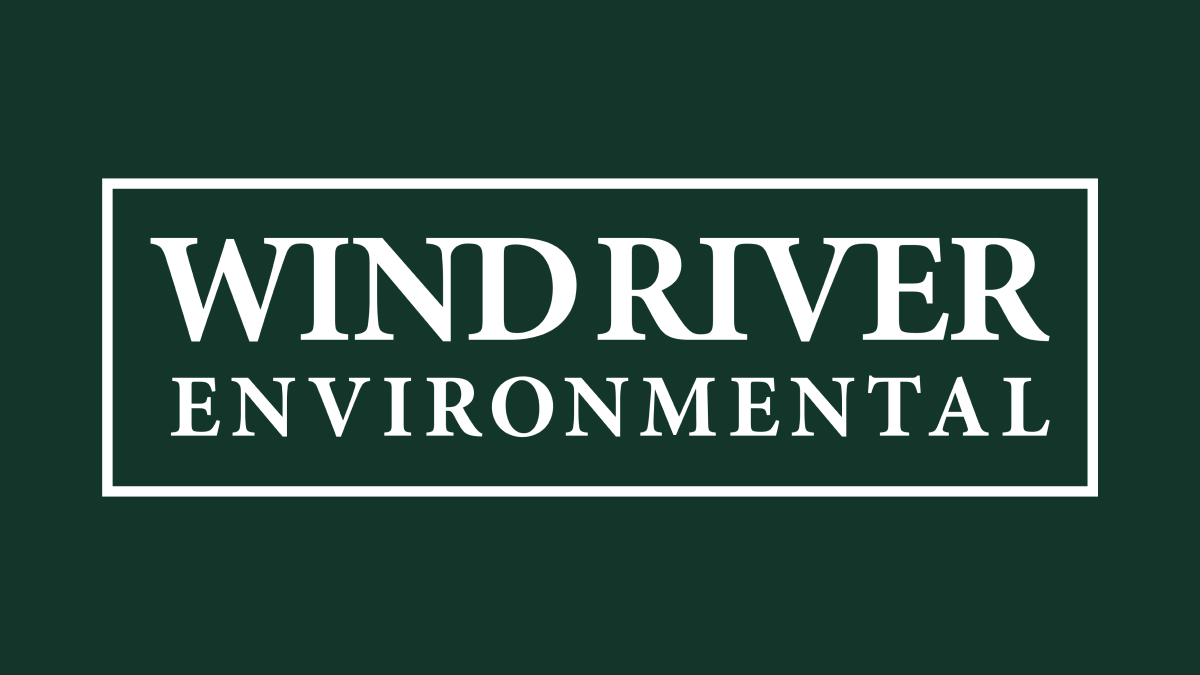Maintaining a septic system is crucial for the overall health of your property and the environment. As the warm summer months approach, homeowners on the East Coast must pay special attention to their septic tanks to ensure proper functioning during rising temperatures, increased humidity, and higher water usage. Keep reading for some helpful tips on preparing your septic tank for the summer season.
Summer-Specific Challenges for Septic Tanks
A septic system typically consists of a tank and a drain field. It processes household wastewater through natural bacterial processes. Heavy rainfall and humidity, as seen on the East Coast, can significantly impact the functioning of your system. These conditions can overload septic systems, leading to backups and drainage problems.
Furthermore, warmer weather means more outdoor activities, gardening, and potentially more guests, all contribute to higher water consumption. This excess water can further strain your septic tank's capacity and proper functioning.
Tip #1: Schedule a Professional Inspection
Scheduling a professional septic inspection in late spring or early summer ensures that any potential issues with your septic tank are addressed before the season of high usage begins. It allows for early detection and resolution of problems, preventing costly repairs and maintaining the efficiency of your system.
Common septic tank problems our inspectors are looking for include:
- Tank leaks
- Blockages in the drain field
- Sludge build-up
- Signs of system overload
- Pipe damage and corrosion
Leaks in the septic system are a common problem found during inspections, which can contaminate the surrounding soil and groundwater. To fix a septic system leak, professionals may need to repair or replace damaged pipes, seal any cracks in the tank, or improve the tank's structural integrity.
Tip #2: Monitor Your Water Usage Throughout the Season
Excessive water usage is one of the main contributors to septic system overload and failure. To prevent this, homeowners should be mindful of their daily water usage and take steps to conserve water. Implement water-saving practices such as fixing leaky faucets, installing low-flow showerheads and toilets, and spreading out laundry loads over the week instead of doing multiple loads in one day.
Additionally, educate your family and guests about the importance of water conservation and its impact on your septic system. By keeping water usage in check, you can help maintain the balance of your septic tank, ensuring it operates efficiently throughout the summer.
Tip #3: Adhere to Your Regular Pumping Schedule
Regular septic pumping is critical to maintaining your septic system’s health and efficiency. Pumping your septic tank removes the accumulated sludge and scum that naturally build up over time. Without regular pumping, this build-up can lead to blockages, which can cause the system to fail, resulting in unpleasant backups and potentially costly repairs.
The frequency of pumping your septic tank largely depends on your household size, tank capacity, and water usage habits. Generally, it is recommended to have your septic tank pumped every 3 to 5 years. However, larger households or those with higher water usage may require more frequent pumping.
Consulting with a septic professional like ours at Wind River Environmental can give you a tailored pumping schedule based on your specific circumstances.
Tip #4: Avoid Flushing Harmful Substances
Using your septic system responsibly is essential for its longevity and effectiveness. One crucial aspect is avoiding the flushing of substances that can harm the system. Using toilet paper and products specifically designed to be used with a septic system helps prevent blockages and maintain the efficiency of your septic tank.
Avoid flushing or dumping any of the following down your toilets, sinks, and drains:
- Excess grease and cooking oils
- Harsh chemicals and cleaning agents
- Hygiene products such as sanitary napkins, tampons, and wipes
- Diapers and baby wipes
- Paper towels and non-septic-safe toilet paper
- Coffee grounds and food scraps
By adhering to these guidelines, you can help ensure that your septic system remains in optimal working condition, reducing the risk of backups and costly repairs while also protecting the environment.
Tip #5: Turn to Wind River Environmental for Professional Assistance
Even with proactive maintenance and regular inspections, septic system issues can occasionally arise. When they do, having a trusted professional like us at Wind River Environmental can make all the difference. In addition to our comprehensive inspection and pumping services, we are available to assist you with any problems you encounter with your septic system. Our experienced team can diagnose and repair issues promptly, ensuring minimal disruption to your home.
Moreover, we offer valuable advice on caring for your system, including tips on preventing environmental damage. Intrusive landscaping, such as planting trees or large shrubs near your septic system, can cause root infiltration and disrupt its functionality. Our experts can guide you on safe planting practices and other preventive measures to protect your system from harm.
By relying on Wind River Environmental, you can ensure your septic system remains in top condition year-round, giving you peace of mind and safeguarding your property and the environment. Contact us online to learn more.



